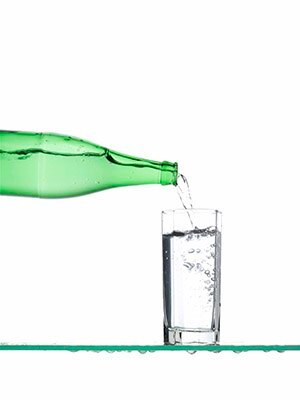Analytical Method: Silicon (Total) in Drinking Water
Photometric Determination Using the Silicon Molybdenum Blue Method Subsequent to Fusion Melting
Instruments and Reagents
Product No. 173016 Spectroquant® VIS Spectrophotometer Prove 100 or
Product No. 173017 Spectroquant® UV/VIS Spectrophotometer Prove 300 or
Product No. 173018 Spectroquant® UV/VIS Spectrophotometer Prove 600 or
Product No. 109748 Spectroquant® Photometer NOVA 30 or
Product No. 109751 Spectroquant® Photometer NOVA 60 or
Product No. 173632 Spectroquant® Colorimeter Move 100
Product No. 114947 Rectangular cells 20 mm and/or
Product No. 114944 Rectangular cells 50 mm
Product No. 114794 Spectroquant® Silicate (Silicic Acid) Test
Product No. 100857 Spectroquant® Silicate (Silicic Acid) Test
Product No. 106392 Sodium carbonate anhydrous for analysis
Product No. 100716 Sulfuric acid 25% for analysis
Product No. 116754 Water for analysis

Hint
Silicon occurs in waters and neutral solutions in the form of water-soluble, monomeric orthosilicic acid (H4SiO4), and in the form of diverse, mostly colloidal polysilicic acids. The reactive forms comprise monomeric silicic acid together with that Portion of the polymeric acids which is converted to the monomeric form during the reaction itself. The non-reactive polymeric Portion tan be converted to the monomeric form by alkaline mineralisation. In this way, it is possible to differentiate between "soluble" and "total" silicic acid.
Sample preparation -Depolymerisation of non-reactive silicic acid (colloidal silicic acid)
Evaporate 50 mL of water for analysis sample with 0.5 g sodium carbonate in a Pt or PTFE dish and boil gently to about half the original volume, add 1.6 mL sulfuric acid 25 % and fill up to 50 mL with water for analysis.
Analysis
Determine with the above-mentioned test kit.
Calculation
Silicon (total) content in mg/l = analysis value in mg/l Si
To continue reading please sign in or create an account.
Don't Have An Account?